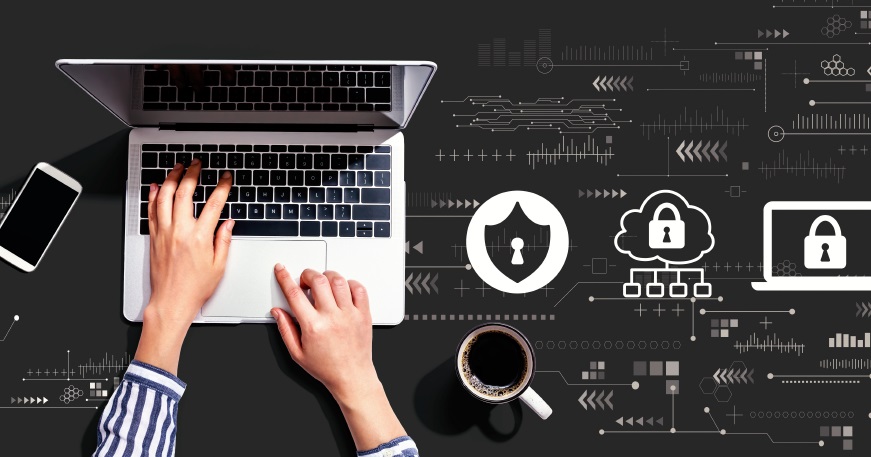Table of Contents
Introduction
In today’s digital age, the leakage of sensitive information has become a prevalent concern across various industries and sectors. Whether it’s classified government documents, corporate secrets, or personal data, the unauthorized release of information can have far-reaching consequences. In this comprehensive exploration, we delve into the phenomenon of leaked information, dissecting its implications, underlying causes, and the measures needed to address this growing challenge.
Understanding Leaked Information
What Constitutes a Leak?
Leaked information refers to the unauthorized disclosure of sensitive or confidential data to the public or unauthorized parties. This can occur through various means, including whistleblowing, hacking, insider threats, or simple carelessness. Leaked information can take many forms, such as documents, emails, audio recordings, or videos, and may contain sensitive details about individuals, organizations, or government operations.
Types of Leaked Information
Leaked information can encompass a wide range of data, including but not limited to:
- Government documents: Classified or sensitive government documents, such as diplomatic cables, intelligence reports, or military strategies, are often targeted by whistleblowers or foreign adversaries seeking to expose or exploit government actions or policies.
- Corporate secrets: Trade secrets, proprietary information, or internal communications within corporations are frequent targets of leaks, either by disgruntled employees, corporate espionage, or cyberattacks aimed at stealing valuable intellectual property.
- Personal data: The leakage of personal data, including financial information, medical records, or private communications, poses significant risks to individuals’ privacy and can lead to identity theft, financial fraud, or reputational harm.
Impact on Security and Privacy
The leakage of information poses significant risks to security and privacy. Exposing sensitive data can compromise national security, damage corporate reputation, and violate individuals’ privacy rights. Leaked information may be exploited by malicious actors for financial gain, espionage, blackmail, or other nefarious purposes. Furthermore, the loss of trust resulting from a data breach can have long-term repercussions for organizations and governments alike.
Implications of Leaked Information
Legal and Ethical Ramifications
The leaking of sensitive information raises complex legal and ethical questions. Depending on the nature of the data and the circumstances surrounding its release, individuals or organizations responsible for the leak may face legal consequences, including fines, lawsuits, or criminal charges. Moreover, whistleblowers who expose wrongdoing may be hailed as heroes or vilified as traitors, depending on public perception and prevailing attitudes toward transparency and accountability.
Reputational Damage
For organizations and individuals affected by a data breach, the fallout can be devastating. Reputational damage can tarnish the image of businesses, governments, or public figures, leading to loss of trust, customer defection, and diminished credibility. Rebuilding trust and restoring reputation can be a Herculean task, requiring transparent communication, accountability, and proactive measures to prevent future breaches.
Addressing the Challenge
Strengthening Cybersecurity Measures
Preventing leaks requires robust cybersecurity measures to safeguard sensitive information from unauthorized access or disclosure. This includes implementing encryption, access controls, monitoring systems, and employee training to mitigate the risk of insider threats and external attacks. Organizations must also conduct regular risk assessments and audits to identify vulnerabilities and strengthen their defenses against potential breaches.
Promoting Transparency and Accountability
In cases where whistleblowing is the primary means of exposing wrongdoing, promoting transparency and accountability is essential. Establishing clear channels for reporting misconduct, protecting whistleblowers from retaliation, and conducting impartial investigations can help uncover wrongdoing and hold accountable those responsible for ethical violations. Moreover, fostering a culture of transparency and ethical conduct within organizations can help prevent future breaches and promote trust among stakeholders.
Regulatory Compliance
Compliance with data protection regulations and industry standards is crucial for organizations to mitigate the risk of leaks and protect sensitive information. Regulations such as the General Data Protection Regulation (GDPR), the Health Insurance Portability and Accountability Act (HIPAA), or the Payment Card Industry Data Security Standard (PCI DSS) impose strict requirements on organizations regarding the collection, storage, and transmission of personal or sensitive data. Failure to comply with these regulations can result in severe penalties and reputational damage.
Education and Awareness
Raising awareness about the importance of data security and privacy is essential for preventing leaks and fostering a culture of responsibility among employees and stakeholders. Providing training and education programs on cybersecurity best practices, data handling procedures, and the risks associated with leaks can empower individuals to recognize and report potential threats, reducing the likelihood of data breaches.
Conclusion
In conclusion, the leakage of sensitive information is a multifaceted challenge with far-reaching implications for security, privacy, and trust. As technology continues to advance and data becomes increasingly valuable, the need to address this challenge has never been more urgent. By strengthening cybersecurity measures, promoting transparency and accountability, complying with regulatory requirements, and raising awareness about data security, we can mitigate the risks associated with leaked information and safeguard the integrity of our institutions and society. Together, we can build a more secure and resilient digital future for generations to come.
For More Information Please Visit These Websites Craiyon And Vecteezy

